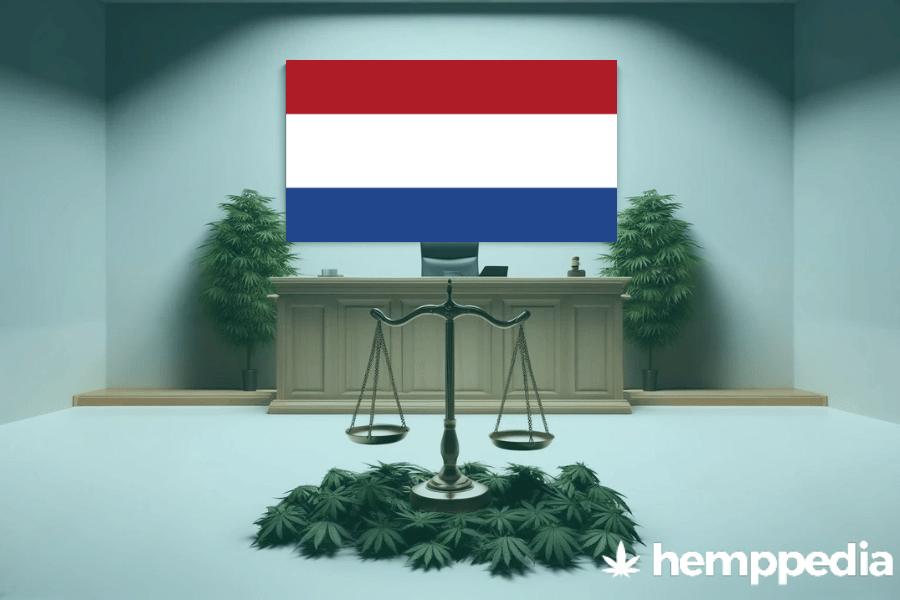TL;DR
As of 2021, CBD is legal in the Netherlands. Hemp-derived CBD products are permissible as long as the THC content is 0.05% or less. The Netherlands has been progressive in its stance towards cannabis and CBD, offering a tolerant view balanced with regulatory measures.
CBD in Brief
CBD, or cannabidiol, is one of many compounds found in cannabis plants, specifically in hemp. Unlike THC, another prominent cannabinoid, CBD does not exhibit psychoactive effects, making it a lawful substance in many countries, including the Netherlands.
Overview of CBD Legislation
Key Terms
Among the key terms used in the discourse of cannabis regulation, CBD, or cannabidiol, THC, or tetrahydrocannabinol, hemp, and marijuana are the most common.
Legal Status
In the Netherlands, CBD is legal in its entirety. The tolerance towards CBD is synonymous with the Dutch legal conception of ‘gedoogbeleid’–a policy of officially ignoring certain infractions.
Regulatory Bodies
The main regulatory bodies in the Netherlands that oversee the CBD market are the Dutch Health and Youth Care Inspectorate and the Netherlands Food and Consumer Product Safety Authority.
Conditions and Restrictions
Hemp-derived CBD products must contain 0.05% THC or less to be legal. A further restriction is that CBD products can’t make medical claims without a proper license.
Historical Context
The history of the Netherlands’ legislation on cannabis and CBD has been progressive, beginning with a policy of tolerance towards soft drugs in the 1970s. The exception was the banning of cultivating hemp plants with more than 0.2% THC in 1999.
Possession, Use, Cultivation and Sales
There are no legal restrictions on possession or use of CBD oil in the Netherlands. Hemp containing less than 0.05% THC can be legally cultivated and used to produce CBD products for sale.
Enforcement and Penalties
Mostly, the enforcement of regulations related to CBD and cannabis falls to municipalities in the Netherlands. While penalties for violations may vary, the general approach is ‘gedoogbeleid’, where minor offenses are tolerated.
Comparative Analysis
Compared to many other European countries, the Netherlands has a more liberal stance towards CBD and cannabis. This approach aligns with its overall philosophy of harm reduction and pragmatism.
Conclusion
The legal stance in the Netherlands towards CBD is liberal, reflecting the country’s broader policy of harm reduction, tolerance, and pragmatism. The future is expected to continue this trend, with a possible expansion of regulations for CBD as its popularity continues to grow.





